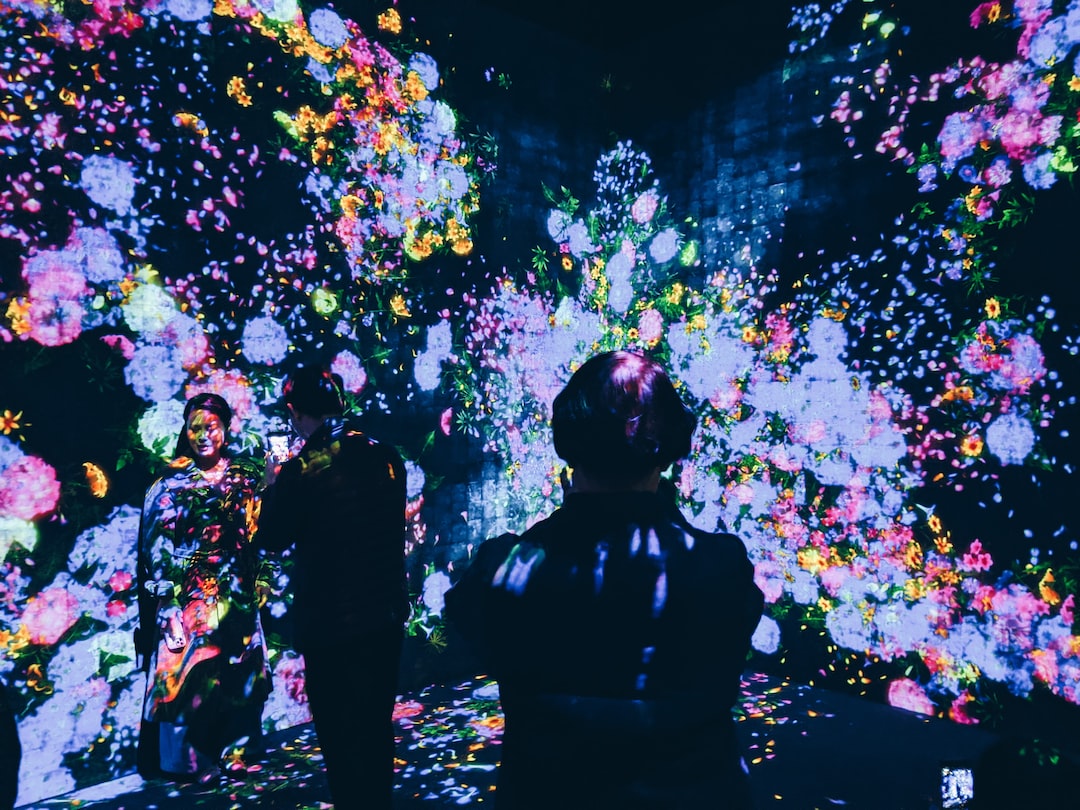Reviving Forgotten Art Techniques: Modern Artists Rediscovering Old Traditions
In a world that constantly seeks novelty and innovation, it is refreshing to witness a resurgence of interest in old art traditions and techniques. Modern artists are looking back at forgotten practices of the past, seeking inspiration and embracing the craftsmanship of their predecessors. By reviving these forgotten art techniques, they are not only paying homage to the past but also creating something unique and captivating in the present.
One such forgotten art technique is egg tempera painting. This technique, which dates back to ancient Egyptian and Byzantine cultures, involves mixing pigments with egg yolk to create a rich and vibrant medium for painting. While oil painting has gained prominence over the past centuries, many contemporary artists have begun to experiment with egg tempera again. The luminosity and detail achievable with this technique are unparalleled, and artists are drawn to the challenge of mastering this ancient craft.
Similarly, the art of tapestry weaving, which had lost much of its popularity with the advent of modern printing techniques, is experiencing a revival. Artists are rediscovering the intricacies of this labor-intensive process, weaving together threads to create stunning and narrative pieces. The tactile and time-consuming nature of tapestry weaving allows the artist to immerse themselves fully in the creation of a piece, connecting with the materials in a profound way.
Another forgotten technique enjoying a resurgence is encaustic painting. This ancient Greek technique involves melting pigments with beeswax, giving the artist a malleable medium to work with. By heating the wax and applying it to a surface, artists can create richly textured and layered works of art. Contemporary artists have embraced encaustic painting for its versatility and ability to achieve a unique and timeless aesthetic.
These revivals of forgotten art techniques are not merely acts of nostalgia, but rather a way for artists to reconnect with the past and embrace the mastery of their craft. By exploring these old traditions, they are expanding their artistic repertoire and challenging themselves to create something new and captivating.
Moreover, the revival of these techniques is also a reflection of our society’s growing appreciation for craftsmanship and authenticity. In a world dominated by mass-produced goods, there is a deep yearning for the handmade and the unique. By reviving forgotten art techniques, artists are tapping into this collective desire and offering something truly special.
In conclusion, the resurgence of interest in old art traditions and techniques is an exciting development in the modern art world. As artists look back to forgotten practices, they breathe new life into these ancient crafts, creating artwork that is both timeless and contemporary. Through their exploration and revival of these techniques, they not only honor the past but also inspire future generations of artists to embrace the richness of tradition and the value of craftsmanship.

